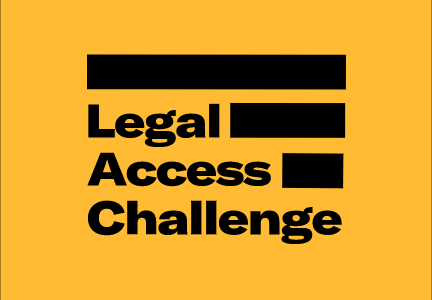As part of its mission to help legal services regulators develop approaches to technology regulation that meet the requirements of the profession and the consumer, the Legal Services Board (LSB) is compiling a bank of information resources including: research papers and podcasts created by experts in legal services and technology. Read more and access the…
New Barrister transparency rules published
The Bar Standards Board (BSB) has published new transparency rules in a revised edition of its Handbook. The new rules relate to information about the areas of law in which barristers practise, the legal services provided by barristers, the cost of services, and a client’s right to redress. This update is in response to the recommendations made…
Indemnity insurance for pro bono work
It has been suggested that the Hong Kong government could purchase a ‘Master Professional Indemnity Insurance Policy’ to cover NGOs or government departments wanting to benefit from pro bono legal services from volunteer solicitors. The current system requires any solicitor offering pro bono services in a private capacity (i.e. outside of their law firm) to seek…
Regulation of legal tech companies in Germany?
Politicians in Germany are seeking to bring in legislation which will bridge the gap between advice provided via legal tech companies and by lawyers. German laws governing the profession currently only recognise legal advice provided by lawyers, with only a few exceptions. The FDP political party is proposing the adoption of a tiered regulation model that…
SRA publishes new ‘Independent solicitor’ guidance
The Solicitors Regulation Authority (SRA) is allowing sole practitioners to register as ‘Independent Solicitors’ negating the need for them to authorise their firm as a recognised sole practice. Currently close to a quarter of SRA-regulated firms are sole practitioner firms and until this regulatory change all would have needed authorisation from the SRA. However, the new…
LSB report: ABS have had a positive impact on legal services market
The Legal Services Board’s (LSB) annual report asserts that alternative business structures (ABS) continue to have a “direct and positive impact” on the legal market. They have provided an effective structure for firms who wish to take a different approach to meeting legal need. There are now more than 1000 ABS in England and Wales. …
Event: 2019 NOBC Annual Meeting
7-10 August 2019 Hotel InterContinental Mark Hopkins, San Francisco Topics include: AML, cybersecurity, re-branding regulators, dealing with vulnerable lawyers and regulating out of state attorneys. This event has now passed.
Event: Challenges of Global Digitalisation for Governance and Justice
16-17 September 2019, Luxembourg European Institute of Public Administration (EIPA) About this course Digitalisation is rapidly transforming our world and affects governance, businesses and justice. In light of this, there is an urgent need to adopt solutions to the global digital changes in automatisation, artificial intelligence, blockchain technology, digitalisation of legal practices and services, as…

UK Competition and Markets Authority to research Scottish legal services market
The Competition and Markets Authority has issued the following press release regarding its impending research into certain aspects of the Scottish legal services market to support the Scottish Government’s response to the Roberton Review. The following release was published 17 June 2019. This work has been prompted by the Roberton Review, an Independent Review of…

SRA launches legal access challenge
Legal Access Challenge launched to encourage innovation Six in 10 don’t think the legal system in England and Wales is set up for ordinary people Many who experience a legal problem don’t take professional advice, citing cost and trust as key barriers Eight in 10 say it needs to be easier for people to access…

